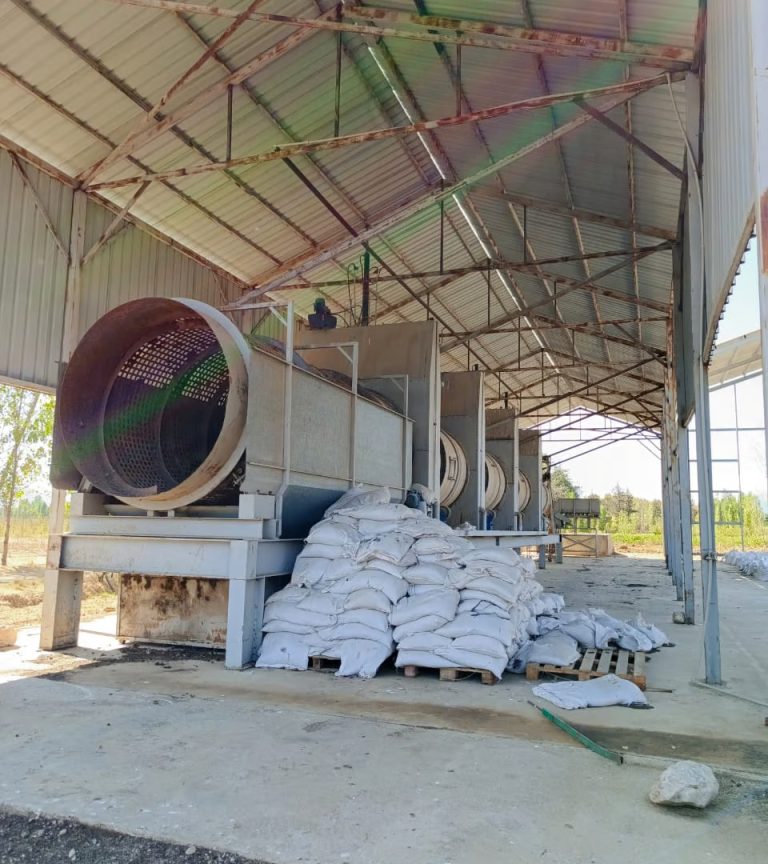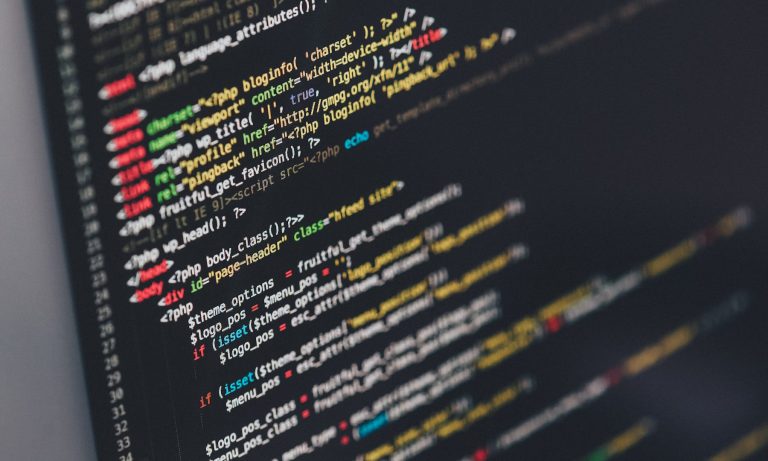As the global population continues to rise, the demand for sustainable and efficient agricultural practices has never been more critical. Fortunately, technological innovations are stepping up to the challenge. In this blog, we’ll explore how blockchain, artificial intelligence (AI), robotics, and the Internet of Things (IoT) are transforming agriculture, enhancing efficiency, improving crop yields, and ensuring transparency in the supply chain.
The Power of Blockchain in Agriculture
Blockchain technology is widely recognized for its role in cryptocurrency, but its potential in agriculture is equally transformative. By providing a decentralized and transparent ledger, blockchain enhances traceability throughout the supply chain.
Key Benefits:
-
Transparency: Every transaction is recorded, enabling consumers to trace the origin of their food. This builds trust and accountability in the supply chain.
-
Fraud Prevention: With verified records, it becomes challenging to manipulate data regarding food quality and safety.
-
Smart Contracts: Automated contracts can streamline transactions between farmers, suppliers, and retailers, reducing delays and errors.
Artificial Intelligence: Boosting Decision-Making
AI is revolutionizing agriculture by enabling data-driven decision-making. From predictive analytics to machine learning, AI applications help farmers optimize their operations.
Key Benefits:
-
Predictive Analytics: AI can analyze vast amounts of data from various sources, predicting weather patterns, pest outbreaks, and optimal harvest times.
-
Yield Optimization: Machine learning algorithms assess soil health and crop performance, providing tailored recommendations for fertilizers and irrigation.
-
Labor Efficiency: AI-powered tools can automate routine tasks, allowing farmers to focus on strategic decision-making.
Robotics: The Future of Precision Farming
Robotics is at the forefront of modern agriculture, enhancing precision and efficiency in farming operations. From automated tractors to drones, these technologies are changing the way we grow food.
Key Benefits:
-
Automation: Robots can perform repetitive tasks such as planting, weeding, and harvesting, reducing labor costs and increasing productivity.
-
Precision Agriculture: Drones equipped with sensors can monitor crop health and assess soil conditions, allowing for targeted interventions.
-
Labor Shortages: As the agricultural workforce dwindles, robotics can fill the gap, ensuring that farms remain productive.
IoT: Connecting the Agricultural Ecosystem
The Internet of Things (IoT) is creating a connected ecosystem in agriculture. By integrating sensors and devices, IoT enables real-time monitoring and control over various farming processes.
Key Benefits:
-
Real-Time Data: IoT devices provide continuous data on soil moisture, weather conditions, and crop health, allowing farmers to make informed decisions.
-
Resource Management: Smart irrigation systems can optimize water usage, reducing waste and conserving resources.
-
Supply Chain Efficiency: IoT technology enhances logistics by tracking produce from farm to table, minimizing spoilage, and ensuring freshness.
A Sustainable Future in Farming
The integration of blockchain, AI, robotics, and IoT in agriculture is not just about improving efficiency; it’s also about sustainability. These technologies promote sustainable farming practices by reducing resource consumption, minimizing waste, and enhancing productivity.
Conclusion
The profound impact of technological innovations on modern agricultural practices cannot be overstated. As we explore the potential of blockchain, AI, robotics, and IoT, it’s clear that these technologies are paving the way for a more efficient, transparent, and sustainable future in farming. By embracing these advancements, the agricultural sector can meet the challenges of the 21st century, ensuring food security for generations to come.
Email: info@dfactortechnologies.com



